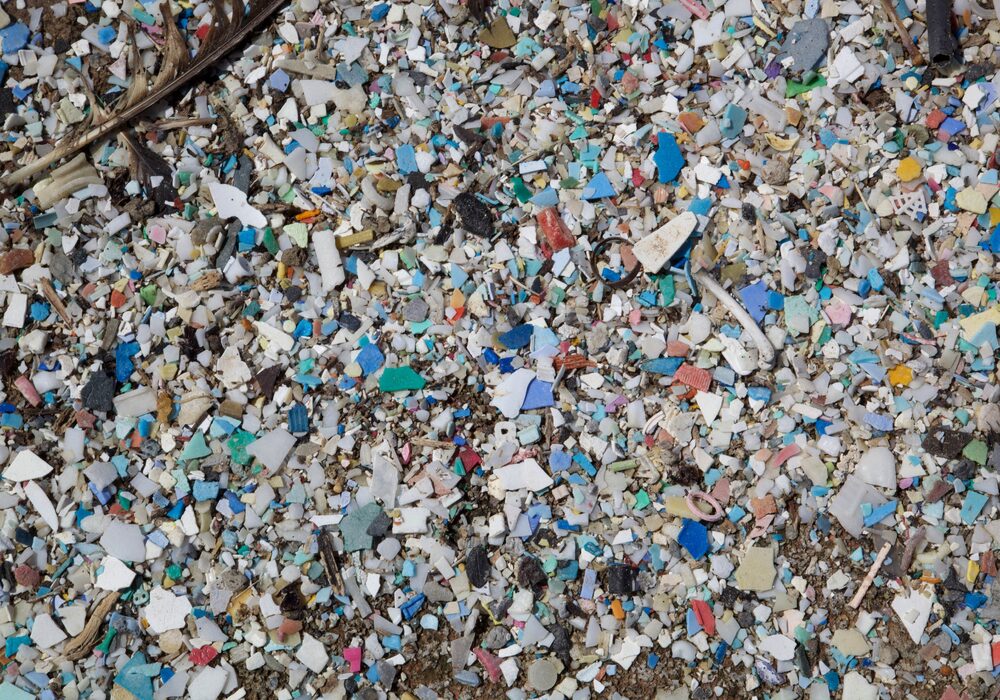Some discontinued snacks were basically a tiny status symbol in your lunchbox.

There’s “I had a childhood” nostalgia, and then there’s “someone in my house casually bought the fun stuff” nostalgia. These are the foods you didn’t need, but somehow always showed up anyway, usually in shiny boxes, limited editions, or weird flavors that made you feel like life was a little extra.
If you remember these clearly, you probably grew up with more comfort, convenience, and choice than you realized at the time. Not rich, just cushy in that very specific way.









